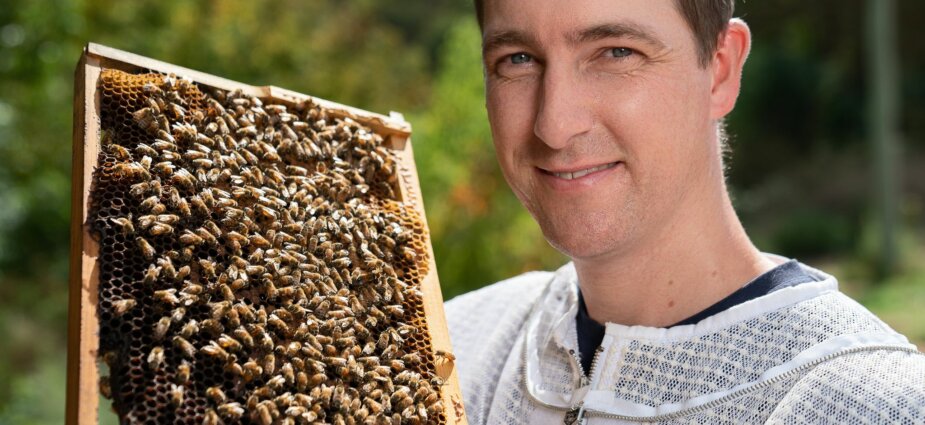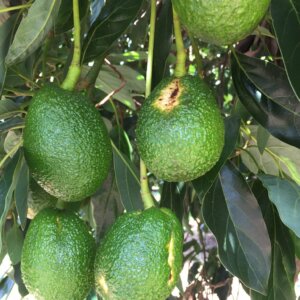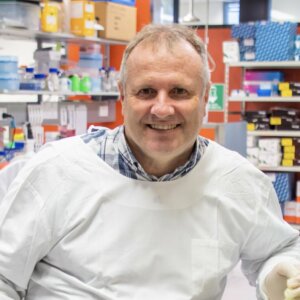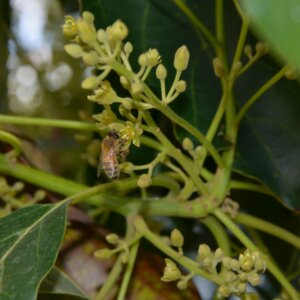Bees can help prove Australia’s valuable avocado crop is free of a pathogen that could be a barrier to exports, according to research by The University of Queensland and the national science agency CSIRO.
Associate Professor Andrew Geering from the Queensland Alliance for Agriculture and Food Innovation (QAAFI) said monitoring for avocado sunblotch is important to protect overseas markets. “We’ve had an active control plan for avocado sunblotch since the 1980s because it has the potential to cut tree yield by about 80 per cent,” Dr Geering said. “Even though this pathogen has nearly been eradicated, there is a chance there are still pockets of infection and this is a concern for Australia’s trading partners. Because the viroid is seed-transmitted at a very high rate, a child in New Zealand using an infected avocado seed for a school project could introduce sunblotch to their country.”
The research team sought a simple way to check for avocado sunblotch in Australian orchards without having to individually test every tree, and found bees were the answer through a concept developed by the CSIRO’s Dr John Roberts who had detected plant viruses alongside bee viruses in hives. “Bees are brought in to pollinate the trees as a normal farming practice to improve yields,” said Dr Geering. “They take the pollen back to their hive, so effectively they’ve done the sampling work for us and all we have to do is test the pollen. Bees are reliable, free and very thorough in their sampling activity.”
Dr Geering plans to implement the bee surveillance more broadly. Dr Roberts said bees in approximately 530,000 commercially managed hives in Australia could be recruited for more surveillance tasks. “This approach can also provide surveillance for multiple pathogens simultaneously of both honeybees and plants, making this a powerful cross-industry biosecurity tool.”
Readers also enjoyed our story about Aria Treehouse UDIA award













